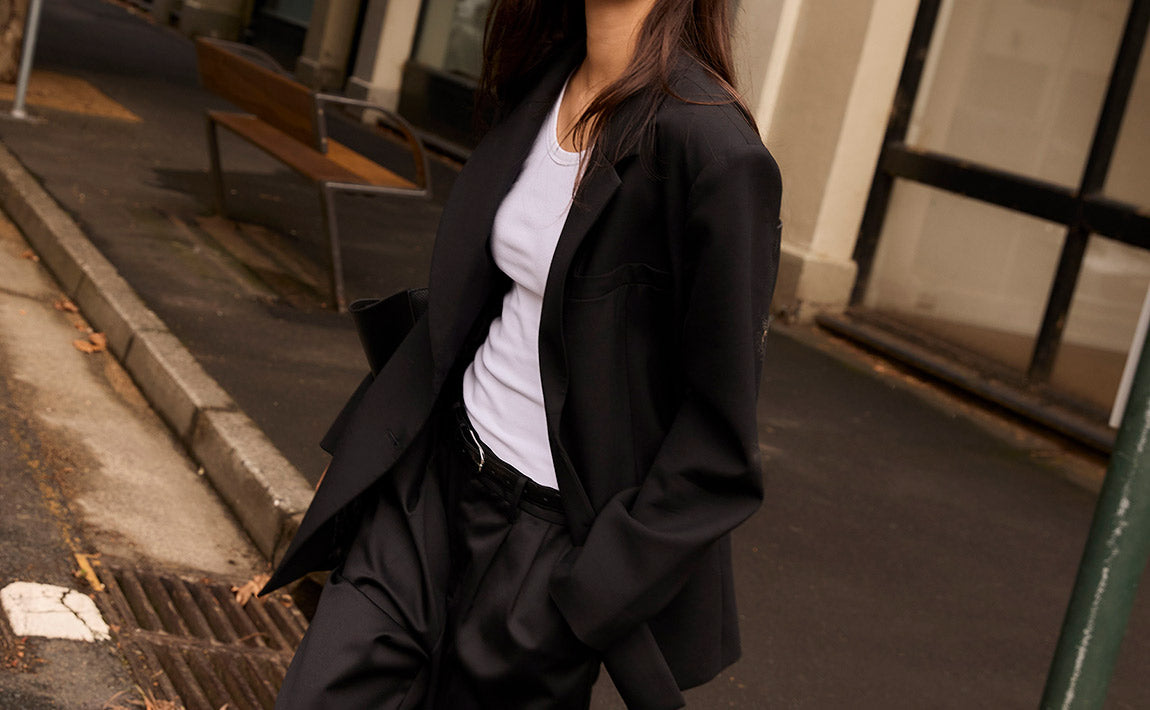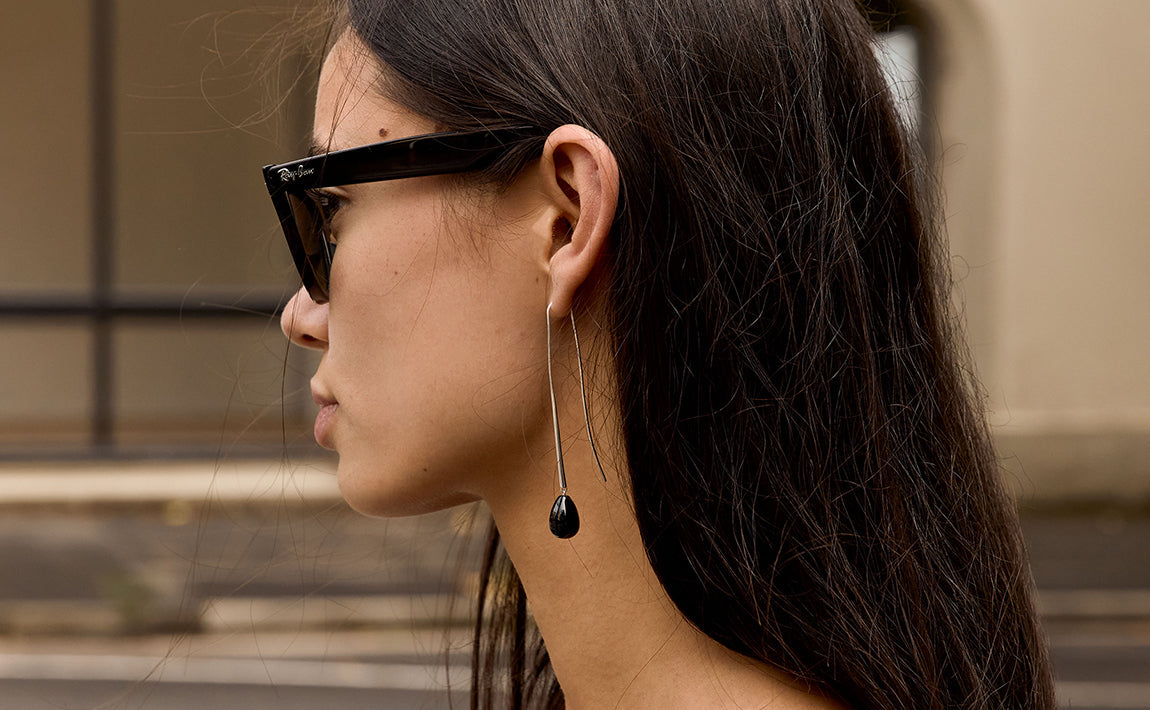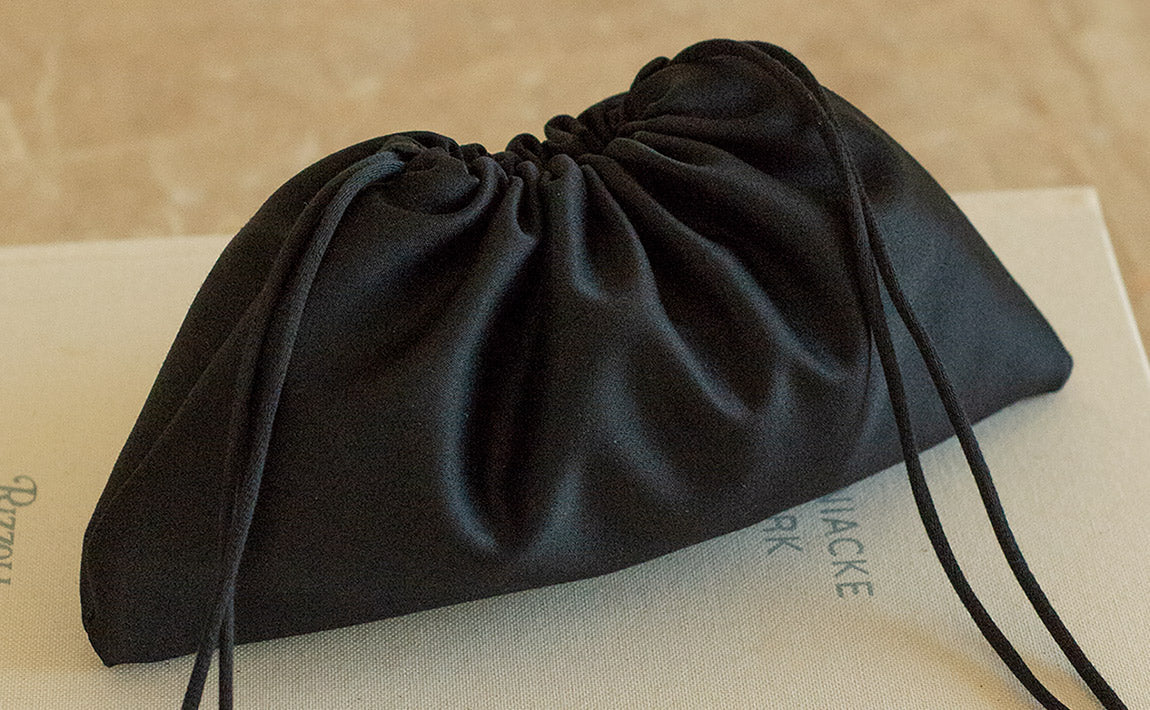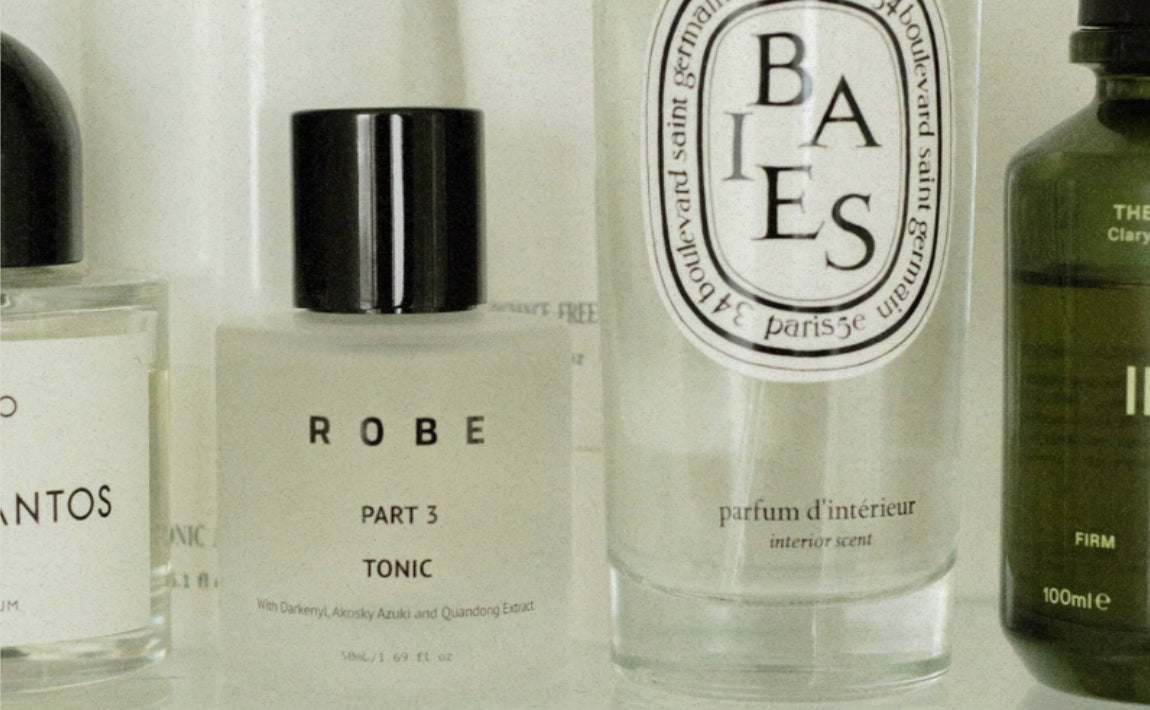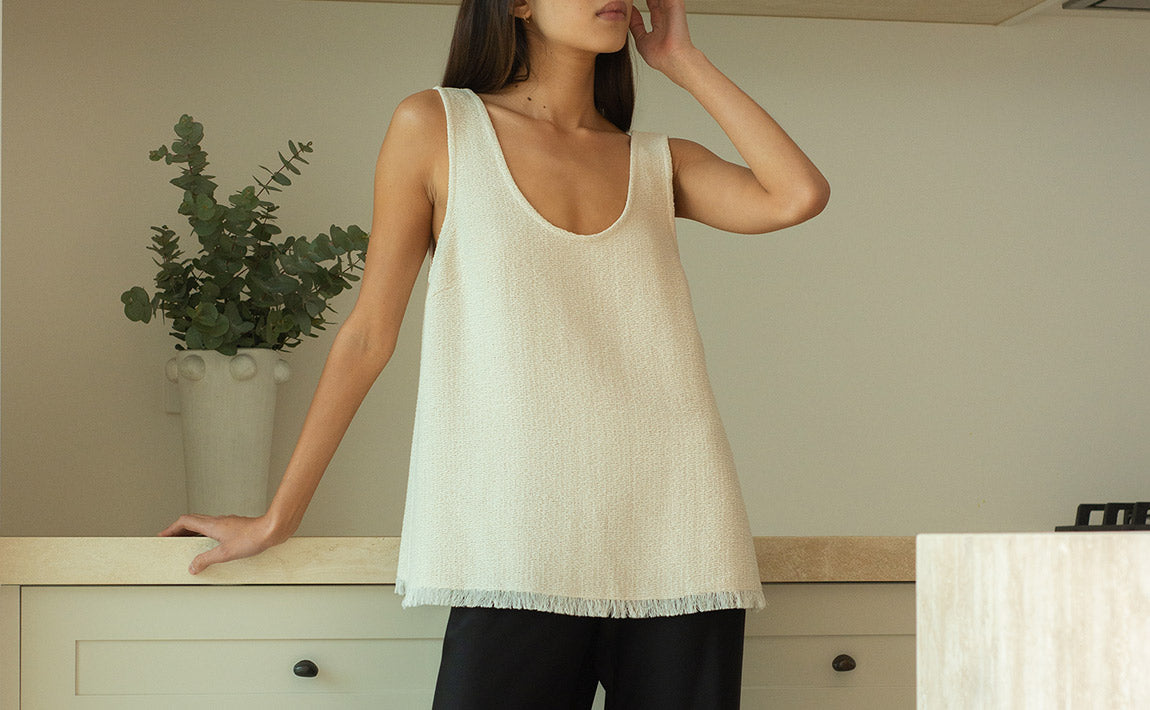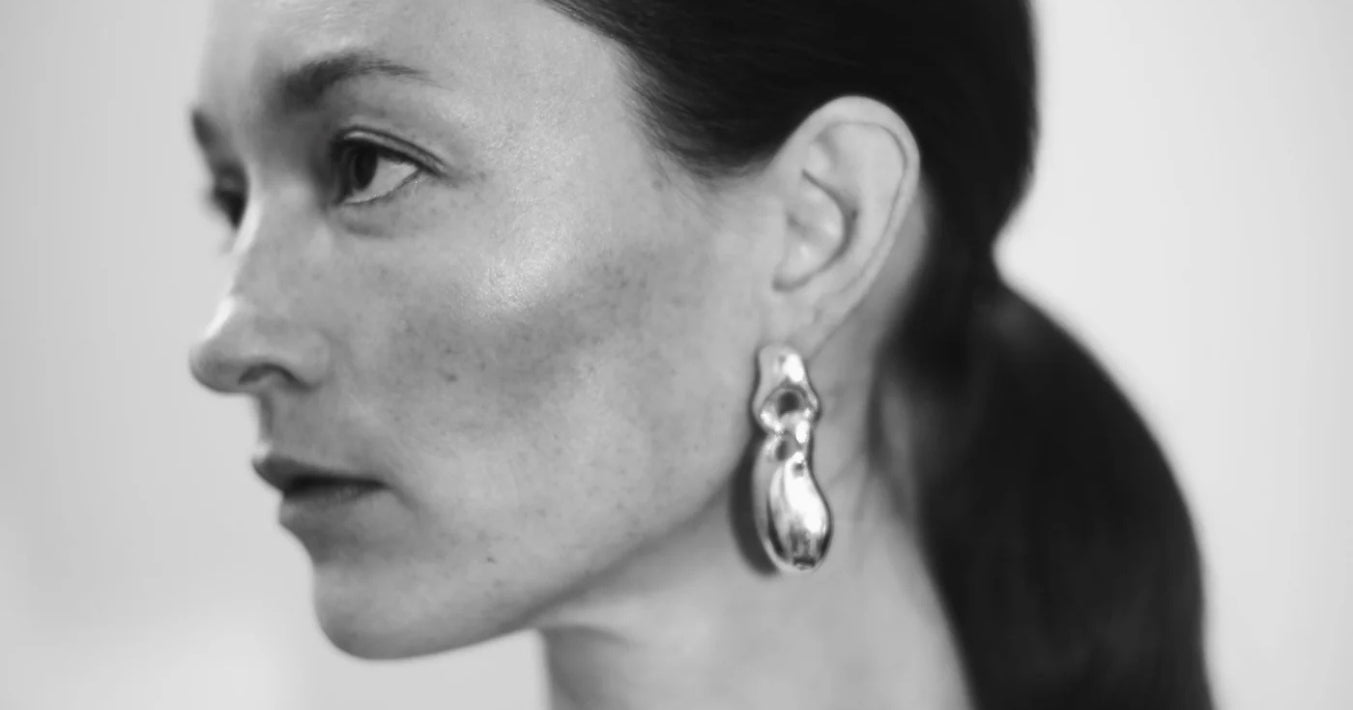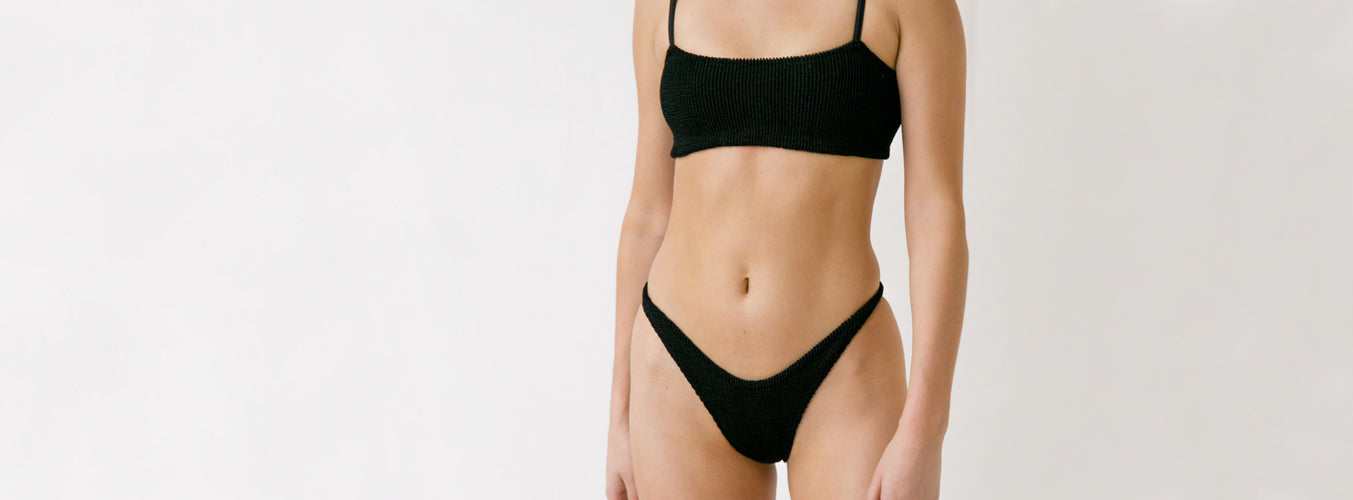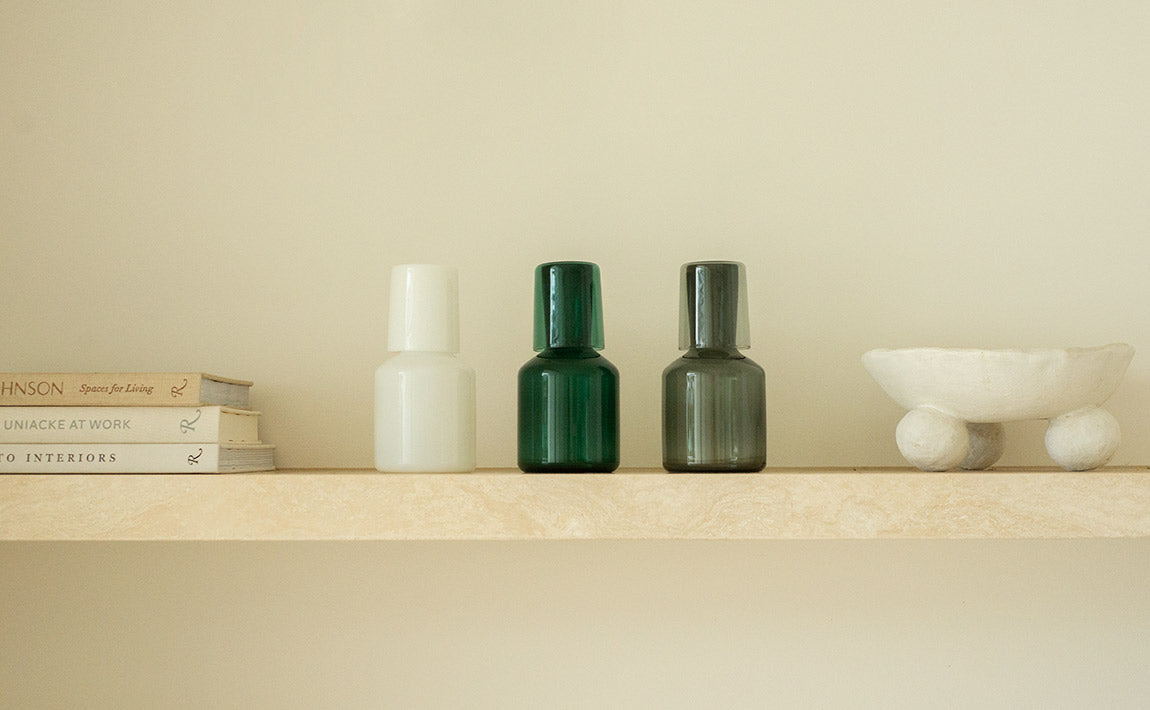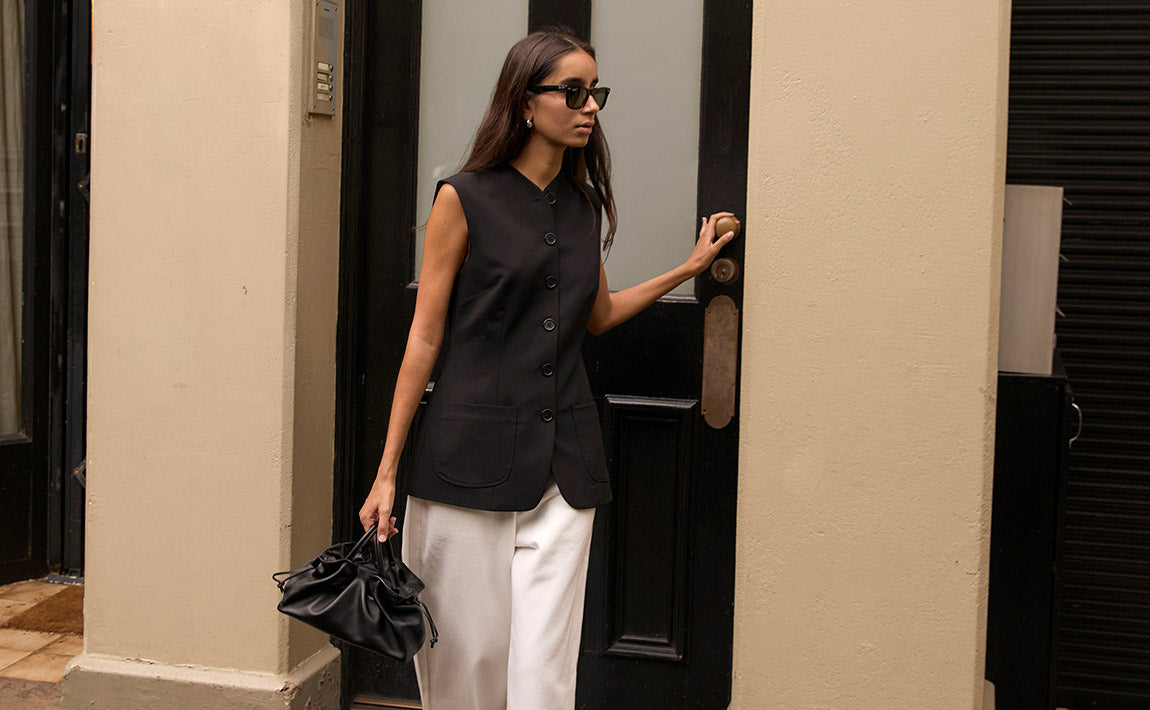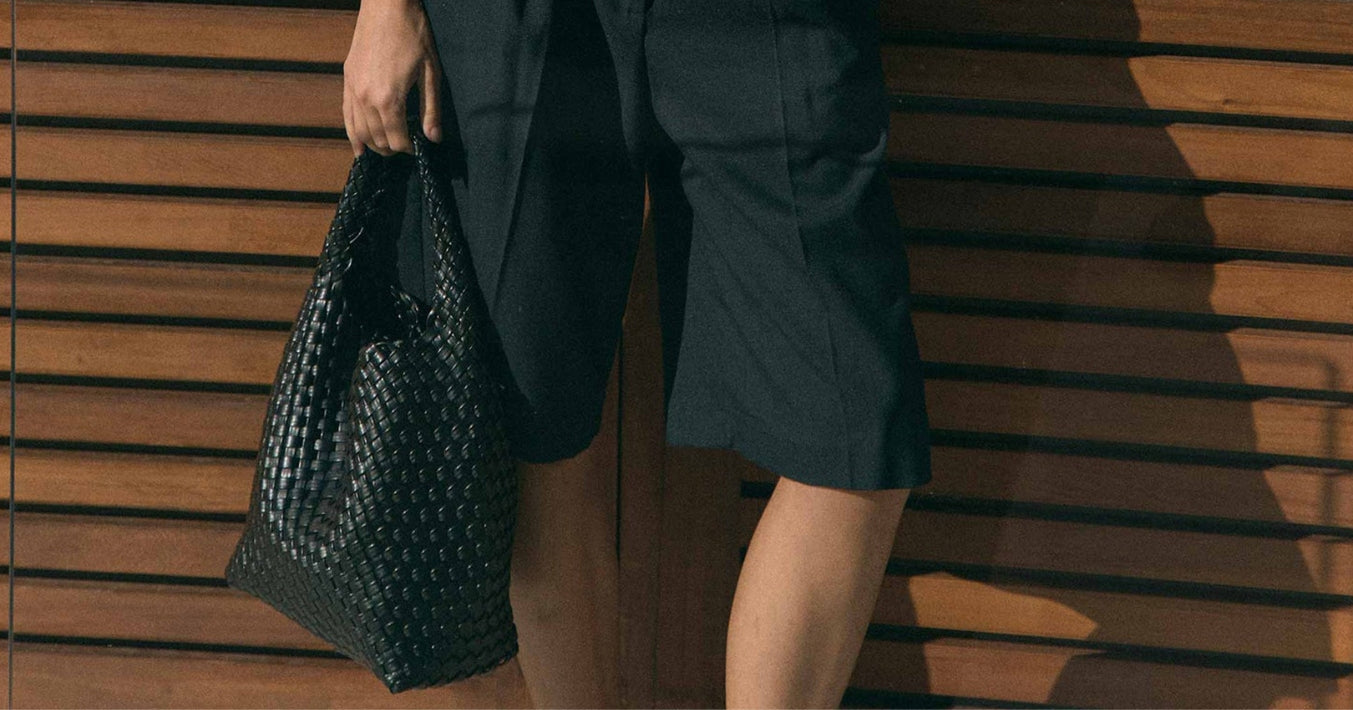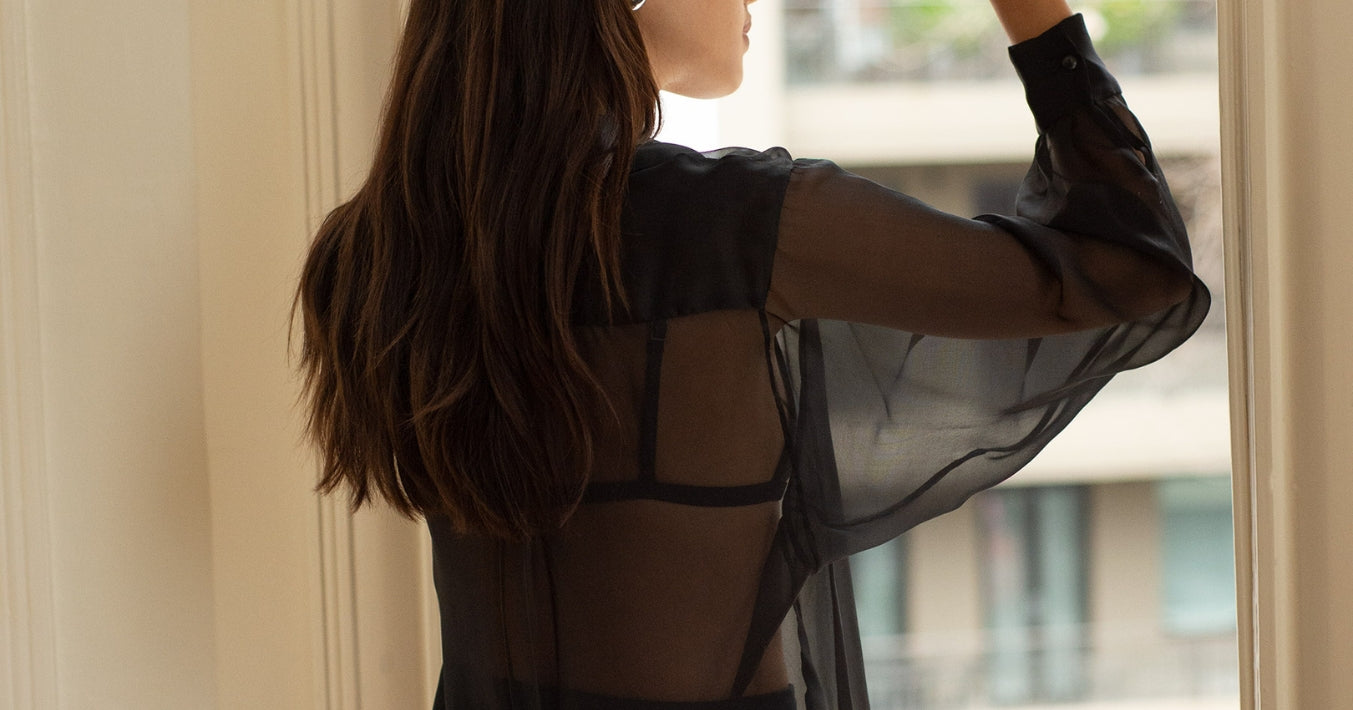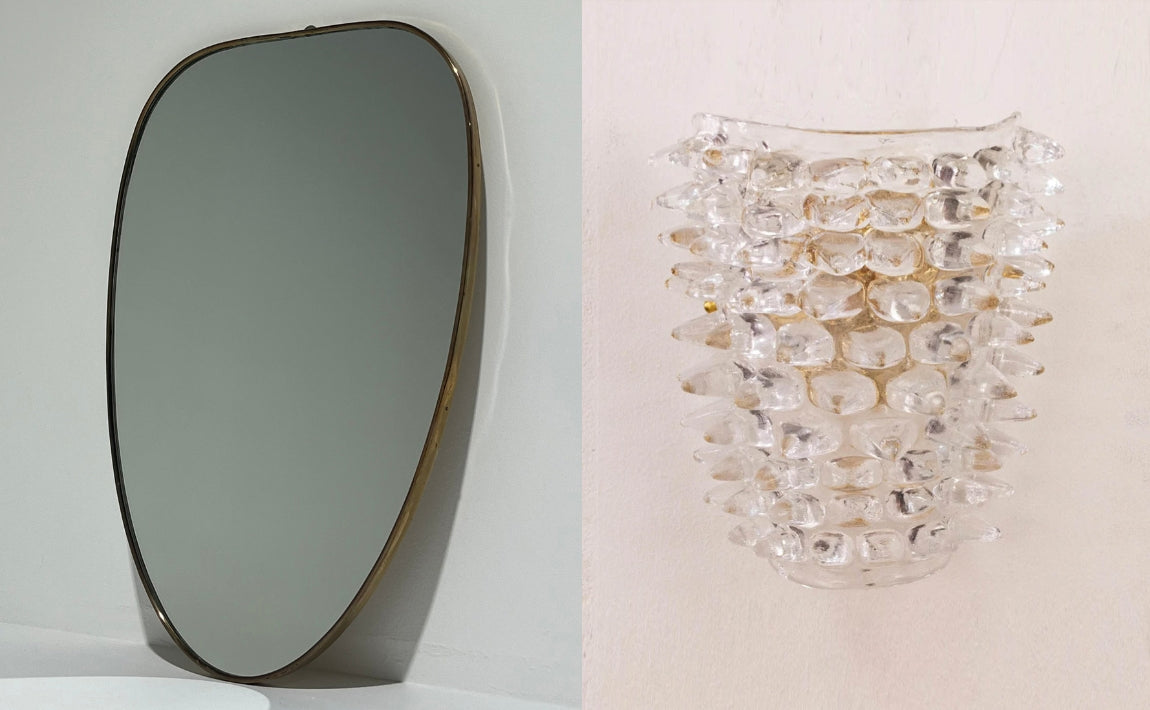What Your Clothes Say About You
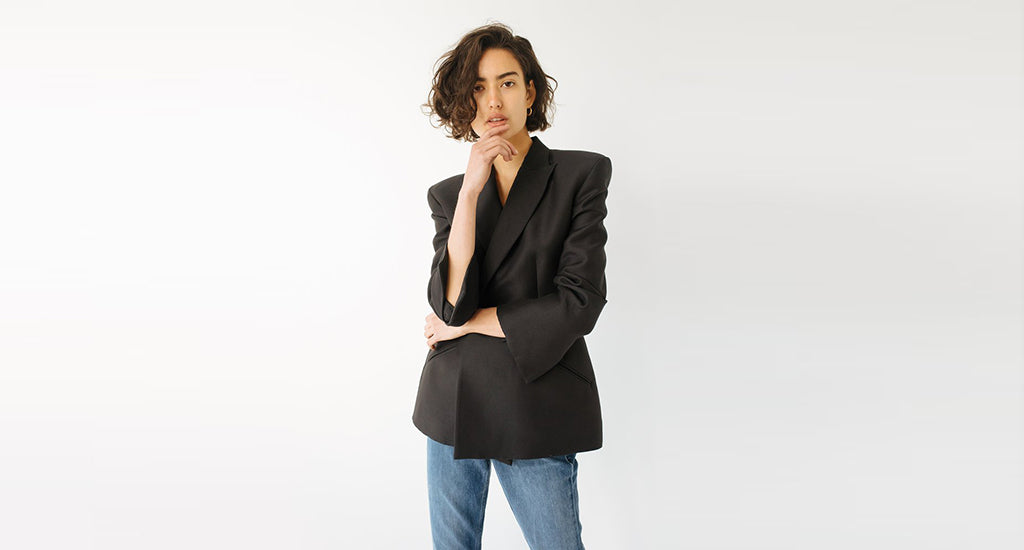

Written by Sarah Mourtos
I spend a lot of time thinking about clothes, and I can imagine if you regularly visit The UNDONE, you spend a lot of time thinking about clothes too. We should start a support group.
Some may call it superficial devoting energy to your sartorial choices, but recent studies are saying otherwise, and there is an intrinsic link between our clothes and the way they make us feel.

On Maslow’s hierarchy of needs, clothes serves as a critical basic need of keeping us warm, and well, not naked. However, clothes also fall into our Psychological needs and Self-Fulfillment needs of belongingness and self-actualisation.
It’s important to remember that style is interpretive, and there are many factors that influence how you view your outfit. Your community, friendship circle, family and workplace all significantly influence your style. If you’ve ever started a new job and then realised six months in that you and your colleagues are starting to wear the same outfits you’ll know what I mean. The same can be seen through the notion of couple dressing, until you point this out to your partner and one of you has to change outfits before leaving the house.

So why does this happen? Simply, we want to fit in.
Conforming to the environment is also apparent geographically. Think about if you’ve spent a holiday in Byron Bay as opposed to trip to New York, I’m going to place a pretty confident bet you’ll end up wearing more linen in Byron and more black in NY.
When shopping for something new, whether you know it or not, you’re being influenced by all these factors. So how do we tap into dressing for ourselves and not others? Do we really like that new top, or is it just because of all those environmental influences we think it’s cool?

Getting to know yourself and what makes you happy and confident is the best place to start. Know your body, love your body and know how to dress it to bring out those Psychological and Self-Fulfillment needs of belongingness, esteem and self-actualisation is key.
We still believe you should utilise the power of clothes and symbolic cues they portray. We’ve all heard the saying of “dress for the job you want, not for the job you have”, and as long as this elevated dressing mantra gives you confidence, go for it. But if it makes you uncomfortable or self conscious, as if you’re wearing a costume, perhaps this isn’t for you.

Instead of thinking about what your clothes say about you to others, think about how they make you feel. Once you tap into this emotional connection with clothes, you’ll always be viewed as ‘well dressed’ because you’ll be dressing for yourself wearing the clothes, as opposed to the clothes wearing you.
I mentioned I think about clothes a lot right?

